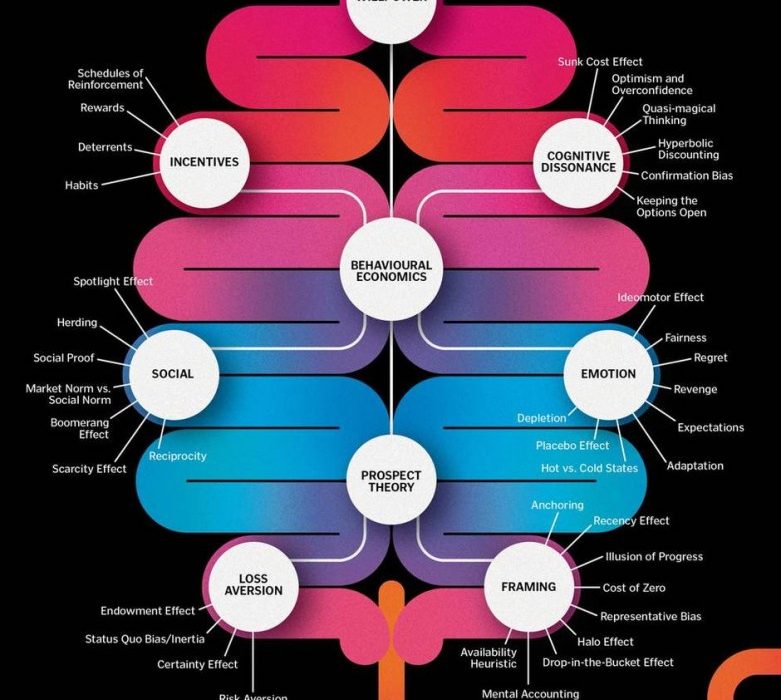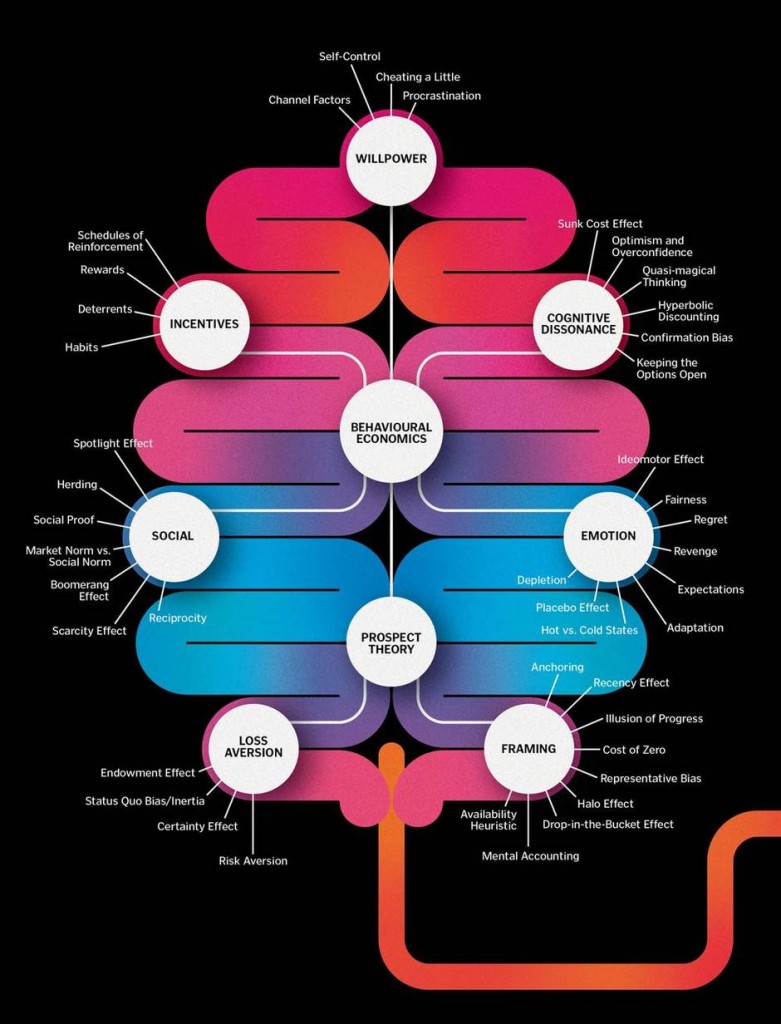Planting a Tree
Warren Buffett once said, “Someone’s sitting in the shade today because someone planted a tree a long time ago.” It’s planting season and your deadline to act is coming up very soon!
If you have an individual retirement account (IRA) or are considering opening an IRA, 2018 contributions to IRAs can still be made up through April 15, 2019.
Make it a double? If you really want to make the most of the growth potential that retirement accounts offer, you should consider making a double contribution this year: a last-minute one for the 2018 tax year and an additional one for 2019, which you’ll claim on the tax return you file next year. That strategy can add much more to your retirement nest egg than you’d think.
2018 / 2019 Annual IRA Contribution Limits*
- Traditional IRA:
$5,500 + $1,000 if you are 50+ years (2018)
$6,000 + $1,000 if you are 50+ years (2019) - Roth IRA:
$5,500 + $1,000 if you are 50+ years (2018)
$6,000 + $1,000 if you are 50+ years (2019)
*Note: Your specific maximum contribution limit can be affected by your taxable compensation for the year and the availability of an employer-sponsored retirement plan.
The savings, tax deferral, and earnings opportunities of an IRA make good financial sense. The sooner you make your contributions, the more your money can grow, and the more “shade” you’ll have to enjoy in the future.
If you have any questions about how to make the most of your IRA savings opportunity, please give us a call at 704-350-5028.











